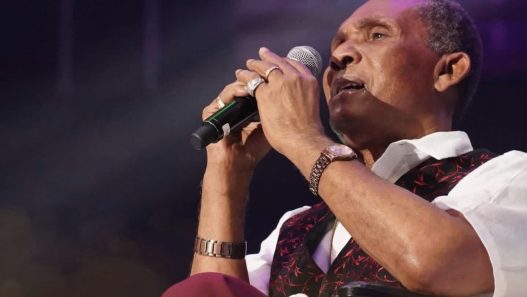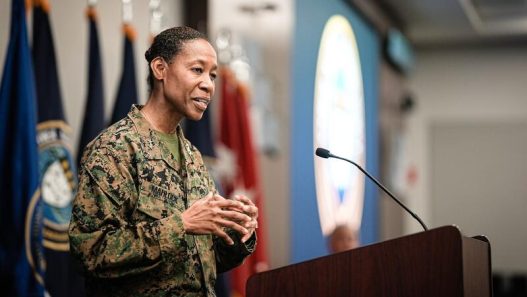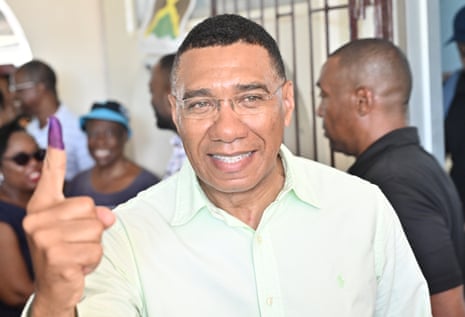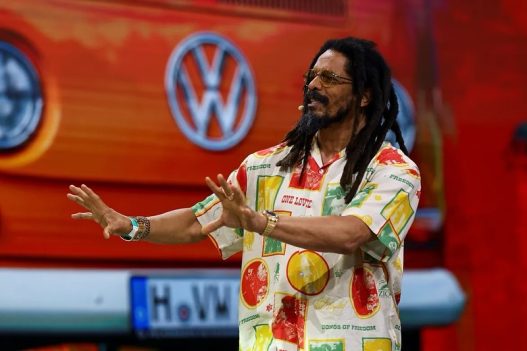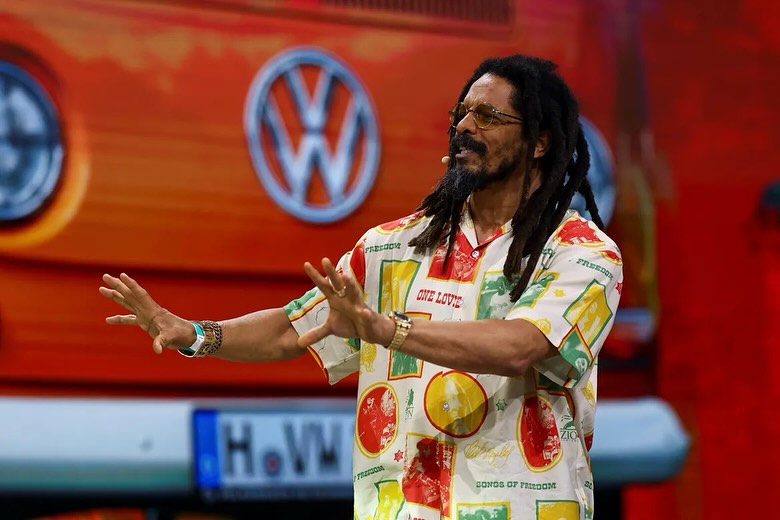On August 4, 2025, Jamaican Prime Minister Andrew Holness celebrated a historic victory as he secured a third consecutive term in office. This achievement marks a significant milestone in Jamaica’s political landscape, as only one other leader, P.J. Patterson, has accomplished this feat. The recent general elections showcased a fierce contest between Holness’s Jamaica Labor Party (JLP) and the opposition People’s National Party (PNP), led by Mark Golding.
A Hard-Fought Victory
In his victory speech, Holness emphasized the challenging nature of the election, stating, “This was not victory by default. Make no mistake about it. This was not an easy victory. This was a fight, which took discipline and focus.” The Prime Minister’s remarks underscored the dedication and effort put into the JLP’s campaign, which ultimately resonated with the electorate.
With preliminary results indicating that the JLP won a majority in 34 constituencies against the PNP’s 29, the party has firmly established its position in the House of Representatives. The election required a minimum of 32 seats to secure leadership for the next five years, setting the stage for Holness to continue his agenda for economic transformation and social development.
Acknowledgment of the Opposition
Following the election results, Mark Golding graciously accepted defeat, acknowledging the success of the JLP. He expressed disappointment but also recognized the need to respect the democratic process. Golding’s campaign focused on promises to enhance infrastructure and economic conditions for low-income Jamaicans, addressing the pressing issues faced by many citizens.
Voter Engagement and Turnout
The Electoral Office of Jamaica reported a voter turnout of 39.5%, reflecting the public’s engagement in the electoral process despite the competitive nature of the race. The significance of this turnout highlights the importance of participation in shaping the country’s future.
Holness’s administration now faces the challenge of addressing the ongoing economic concerns and allegations of corruption that have plagued the government. As the country looks ahead, the Prime Minister is tasked with fulfilling the promises made during the campaign and ensuring that the needs of all Jamaicans are met.
Looking Forward: Challenges and Opportunities
As Jamaica embarks on this new chapter under Holness’s leadership, the focus will undoubtedly be on economic recovery and growth. The Prime Minister’s ability to navigate the complexities of governance while fostering unity among the populace will be crucial in determining the success of his administration.
Frequently Asked Questions (FAQs)
1. What does Holness’s third term mean for Jamaica?Holness’s third term signifies continuity in leadership and a commitment to ongoing economic reforms and development initiatives.
2. How did the JLP perform compared to the PNP in the recent elections?The JLP achieved a majority in 34 constituencies, while the PNP secured 29, indicating a competitive election.
3. What are the main challenges facing Holness’s administration?Addressing economic issues, combating allegations of corruption, and improving infrastructure for low-income citizens are key challenges ahead.
4. How significant was the voter turnout in this election?A voter turnout of 39.5% indicates a moderate level of public engagement in the electoral process.
5. Who is Mark Golding and what was his response to the election results?Mark Golding is the leader of the PNP, and he accepted the election results, acknowledging the JLP’s success despite his disappointment.


